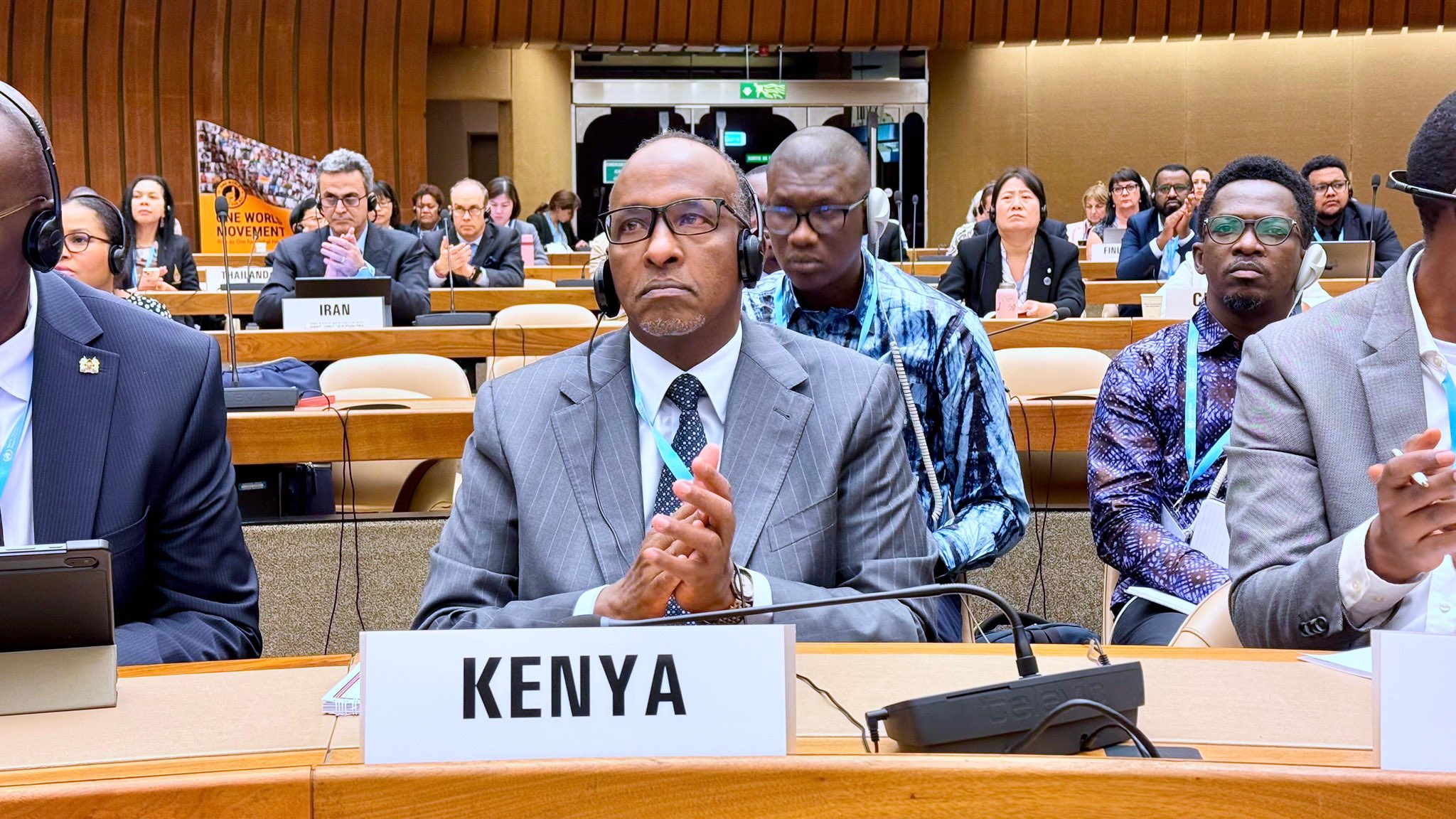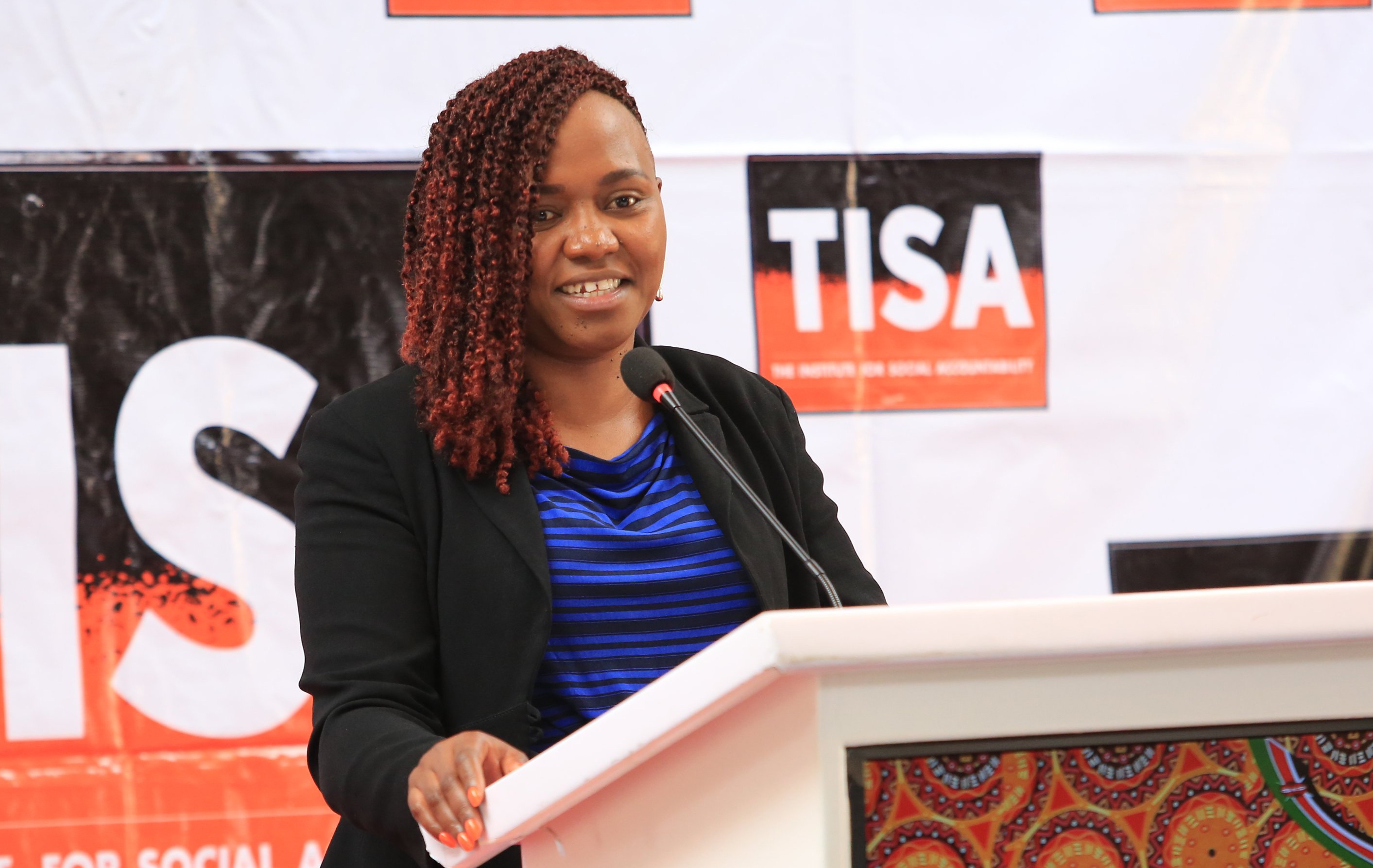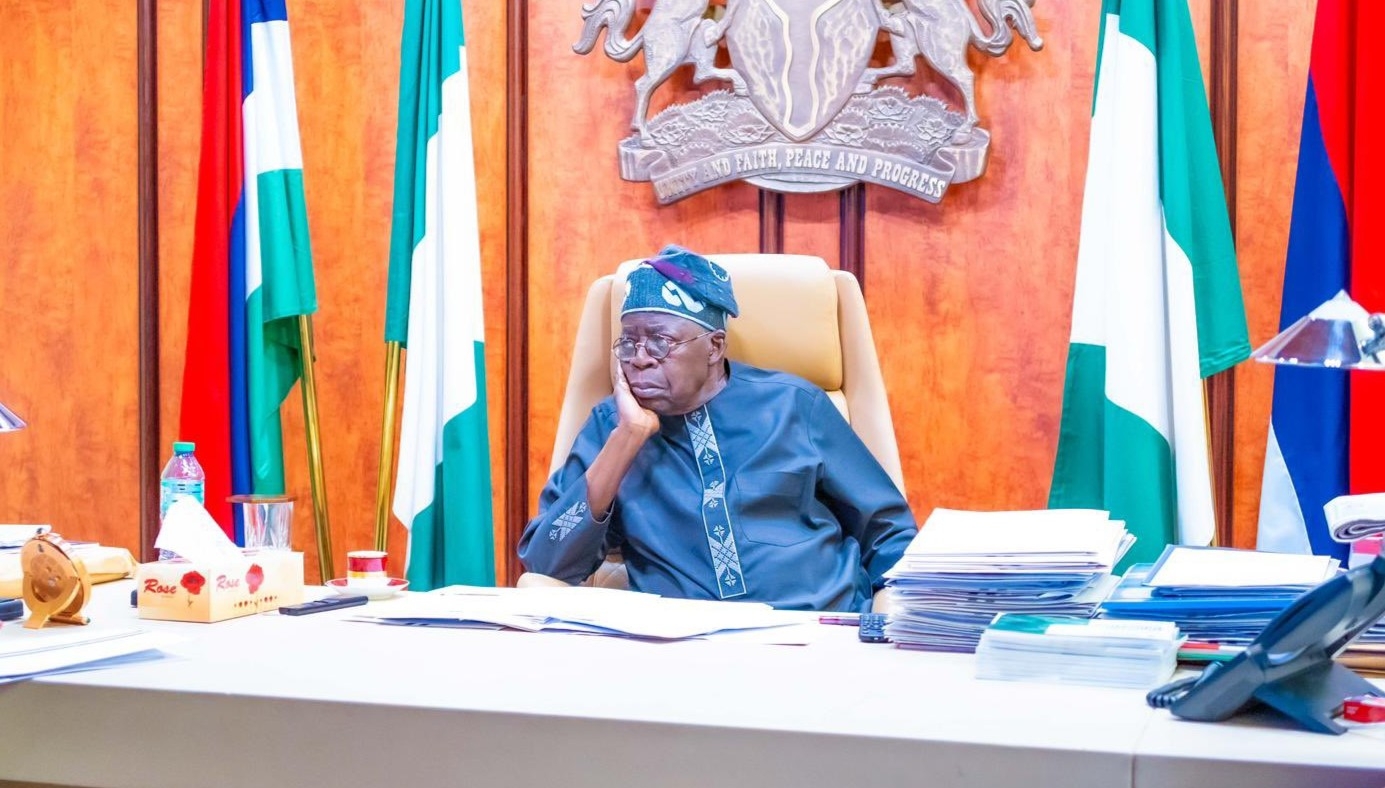
Health Cabinet Secretary Aden Duale has announced that the government will increase its contribution to the World Health Organisation (WHO) to 20 per cent.
Speaking during the ongoing 78th World Health Assembly in Geneva, Switzerland, Duale said Kenya is committed to scaling up its contributions to the WHO over the next four years.
“Kenya, therefore, supports the proposal to increase the assessed contribution to 20 per cent,” Duale told the Assembly.
At the same time, Duale used the occasion to outline critical gains of sustainable financing for the global health body amid shrinking global resources.
The CS reaffirmed Kenya's commitment to accelerating Universal Health Coverage (UHC), enhancing health financing, and advancing digital health infrastructure to support evidence-based policymaking.
“Kenya’s national development strategy is firmly anchored in Universal Health Coverage. Through our Bottom-Up Economic Transformation Agenda, we are actively strengthening our healthcare system,” Duale said.
The Investment Round table at the Assembly seeks to fund WHO’s 2025–2028 global health plan—also known as the 14th General Programme of Work—part of a long-term strategy to support member states and health partners over four years.
All WHO member states, including Kenya, pay mandatory contributions based on their economic capacity. Additional funding comes from voluntary donations by countries, philanthropies, and other partners.
The budgetary adjustments come amid a funding crisis in the global health sector. The recent withdrawal of funding by the United States under USAID has created a $600 million deficit for the WHO.
In response, member states approved a proposal to raise their contributions, adding a separate Sh11.5 billion annually to support WHO’s shift toward sustainable financing.
WHO Director-General Dr. Tedros Adhanom Ghebreyesus expressed gratitude for the increased support, saying the pledges show that multilateralism remains strong.
Kenya has called on countries to urgently adopt a new global pandemic treaty and finalise its annexe to guarantee technology transfer and fair benefits for developing nations.
Duale said the agreement marked a critical milestone in global cooperation, achieved through years of negotiation.
“We have
managed to achieve a monumental task that was set out before us by our future
generations,” said Duale, adding, “This agreement will ensure that our children
and their children are better prepared for future public health emergencies.”
















